There is 13,824 ha in 23 regional parks, 2 ecological conservancy areas, 2 regional park reserves and 5 regional greenways in and around the Lower Mainland. Each is a place of wonder and discovery.
This large system of regional parks, reserves, ecological conservancy areas and greenways are on the shared territories of many Indigenous peoples, including ten local First Nations: Katzie, Kwantlen, Kwikwetlem, Matsqui, Musqueam, Qayqayt, Semiahmoo, Squamish, Tsawwassen, and Tsleil-Waututh. We respect the diverse and distinct histories, languages, and cultures of First Nations, Métis, and Inuit, which collectively enrich our lives and the region.
People come from all around the world to experience Metro Vancouver’s regional parks. We encourage you to visit these natural jewels and share with us why you love regional parks.
What is the difference between a regional park and other parks?
Regional Parks are specific to their area; in our case, it’s the region of Metro Vancouver. There’s no place like home when it comes to Metro Vancouver Regional Parks; the ocean coastlines, evergreen forests, luscious lakes, and spectacular mountains that celebrate all four seasons are unsurpassed in their natural beauty.
The biggest difference between regional parks and other parks (municipal, provincial, national) is right there in the name: regional parks are managed by the regional government, whereas provincial parks and national parks are operated by provincial and national governments.
Metro Vancouver Regional Parks

Located five minutes from the Aldergrove border crossing, this park contains a network of easy going trails that continue for about 12 km. The trails lead through the wooded park and are perfect for exploring on bicycles. The main park entrance is on 8th Avenue, just east of 272nd Street.

Barnston Island Regional Park includes two sites at opposite ends of the island. Robert Point and Mann Point conserve ecologically important Fraser river foreshore habitat which support many species of wildlife such as Great Blue Heron, Double-Crested Cormorant, beaver and mink.

A spectacular marine shoreline dotted with beaches, small coves and fertile tidal flats, dark and cool coniferous forest and the region’s warmest freshwater lake. One of Metro Vancouver’s busiest parks, visitors come from across the region to hike, bike, boat, swim, scuba dive, picnic, and view wildlife.

An internationally recognized Important Bird Area, Boundary Bay Regional Park is a critical rest stop for thousands of birds using the Pacific Flyway migration route. In 1995, eighty-nine hectares were purchased for the park through the Lower Mainland Nature Legacy Program.

Brae Island, located across from Fort Langley, is a 64 Ha site that was acquired in 1996. It is a Fraser River alluvial island that represents typical riparian forest coverage and includes fresh water marshes. Fort Camping, a pre-existing RV park, continues to operate within the park reserve. Public access to the reserve is restricted to the grounds of Fort Camping.

Amidst the city’s hustle and bustle lies the calm oasis of Burnaby Lake Regional Park. The forests, marsh and lake of this 300-hectare park support a myriad of wildlife from shy coyotes and ever-active beavers, to frogs and a variety of birds, including Great Blue Herons. Over 17 kilometers of walking and equestrian trails and many birding sites offer hours of relaxation for the city dweller seeking a natural refuge.

You can lose yourself without getting lost on Campbell Valley Regional Park’s miles of walking trails. The landscape is so welcoming that you won’t feel isolated or alone. At every twist and turn along the pathway, a bird will call, a squirrel will chatter, and fellow walkers will offer a smile. Little Campbell River bubbles along its meandering course.

One of the best places to view the Lions is from the viewpoint (where, conveniently enough, picnic tables are also located) beside Capilano Lake in the park. The entrance to the picnic site is on Capilano Drive, just north of the Capilano River Fish Hatchery, which is also located in the park. The hatchery teems with piscicultural activity year-round.

Open fields, hedgerows and wetlands in this regional park provide habitat for many animals and over 200 bird species. Trails for both walkers and cyclists showcase great views of fields, mountains and the Coquitlam River. You’ll find picnic tables and washrooms near the community gardens. On July 1, 2023, the park’s name changed to ƛ̓éxətəm (tla-hut-um) Regional Park to better reflect its history.

Crippen Regional Park on Bowen Island holds the crown as the king of picnic grounds. The park’s Snug Cove features picnic shelters and barbeques arranged beneath the sheltering arms of a cedar grove at Killarney Lake, a 30-minute walk from Snug Cove. Bowen is a paradise of trails, from relatively easy loops around Killarney Lake in Crippen Regional Park to the burning climb up Mount Gardner.

Deas Island is in the south arm of the Fraser River between Delta and Richmond, British Columbia. Home to a regional park approximately 121 hectares in size, it is home to three historic buildings; Burrvilla, a stately Victorian home, Inverholme, a one-room schoolhouse, and the Delta Agricultural Hall. The island is also home to many types of birds and is a popular bird watching destination.
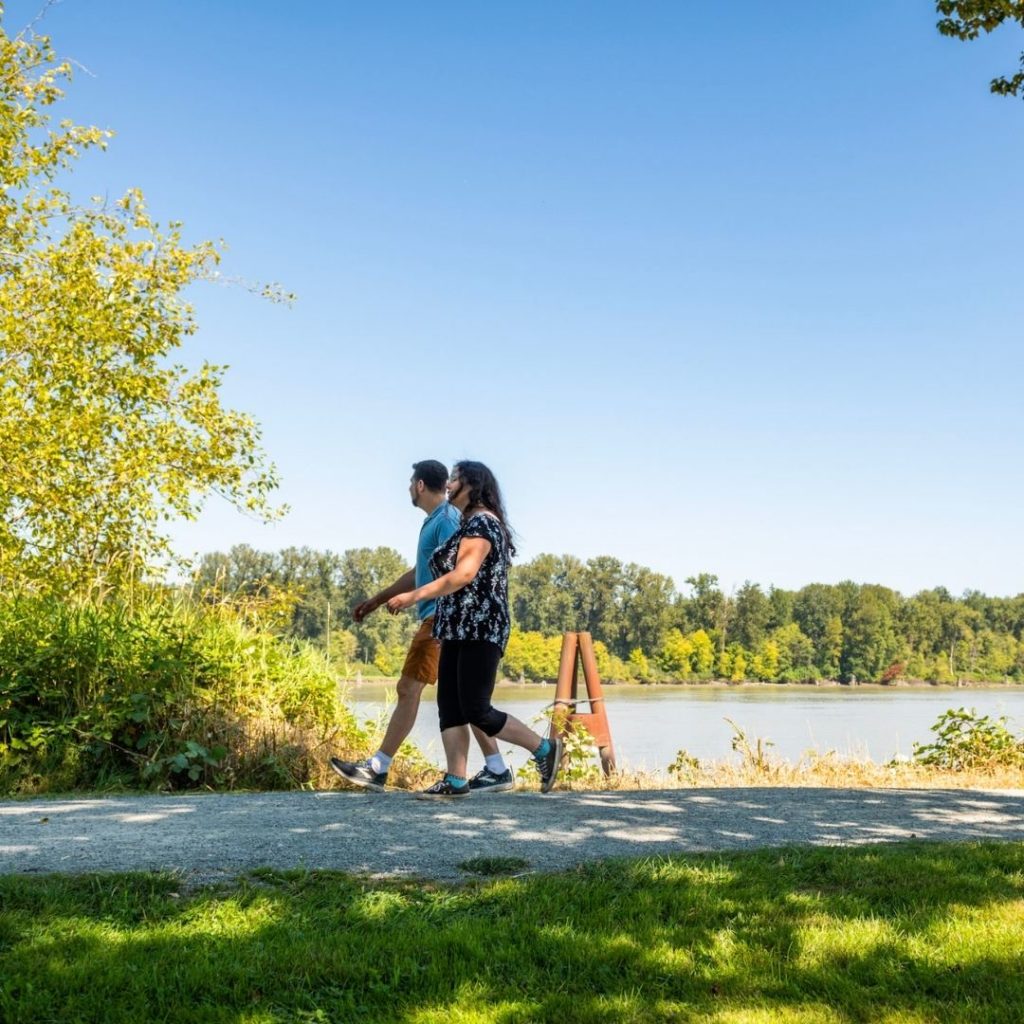
Derby Reach Regional Park is rich with history. It is significant as an early Kwantlen settlement area and contains the site of the first Fort Langley established in 1827 as the Hudson Bay Company’s first permanent settlement within present day coastal B.C. Opened in 1976, the park offers visitors excellent fishing, camping, picnicking, walking, cycling and equestrian trails.
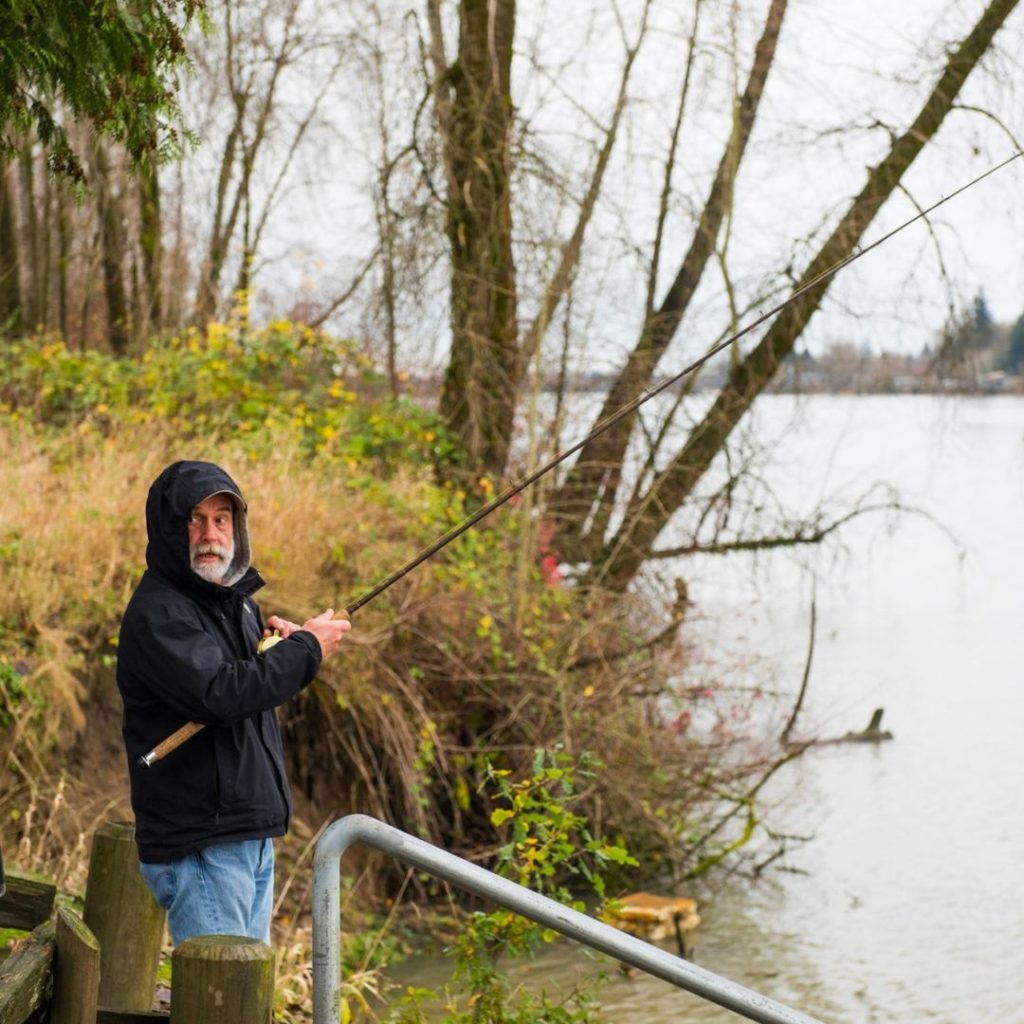
Glen Valley Regional Park is a small park that borders on the Fraser River in Langley. Its 3 kilometres of trails offers some great views of the Fraser River. These trails are shared in places with horses and/or cyclists. This is also a popular fishing spot on the Fraser River.
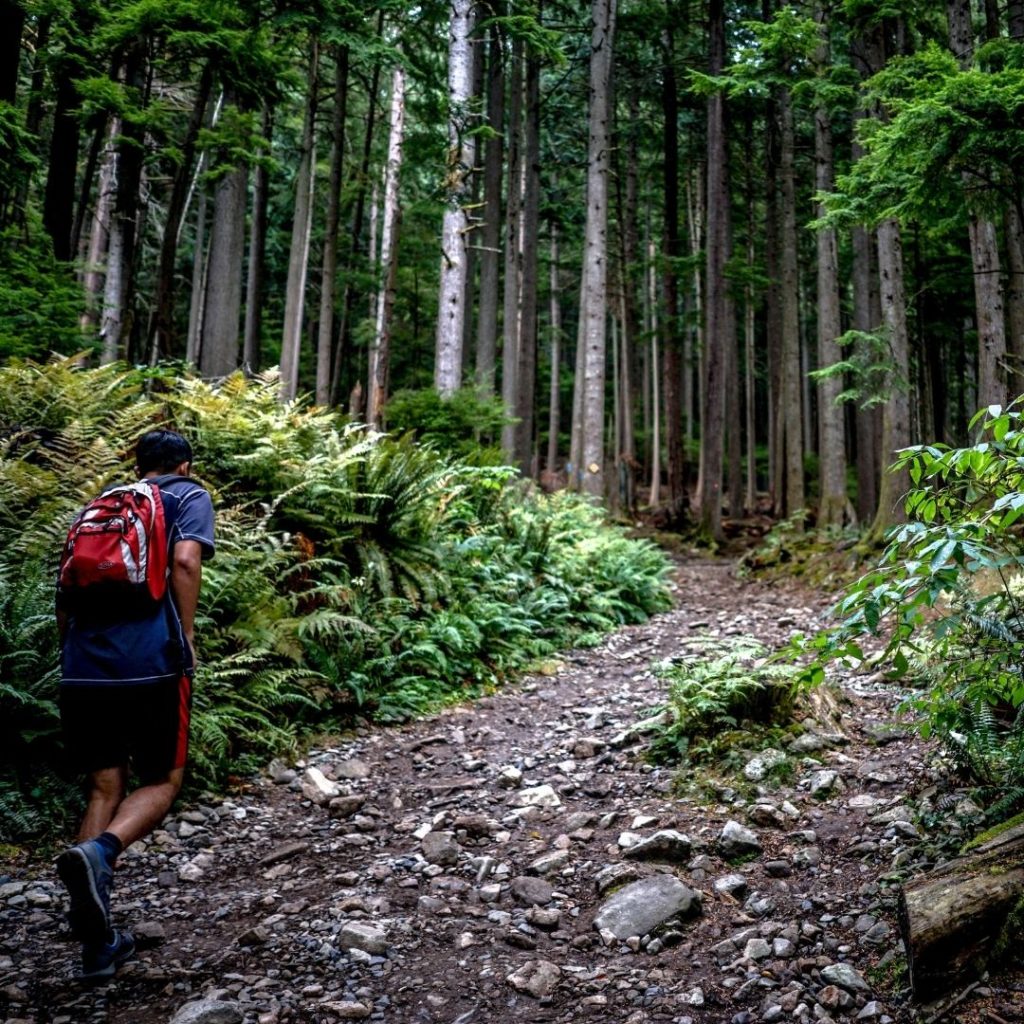
Steep mountain slopes and towering trees are the essence of this regional park. Hikers will enjoy the challenging uphill trails. The mature rainforest is also home to a variety of wildlife including red-legged frogs, barred owls, black bears and cougars.
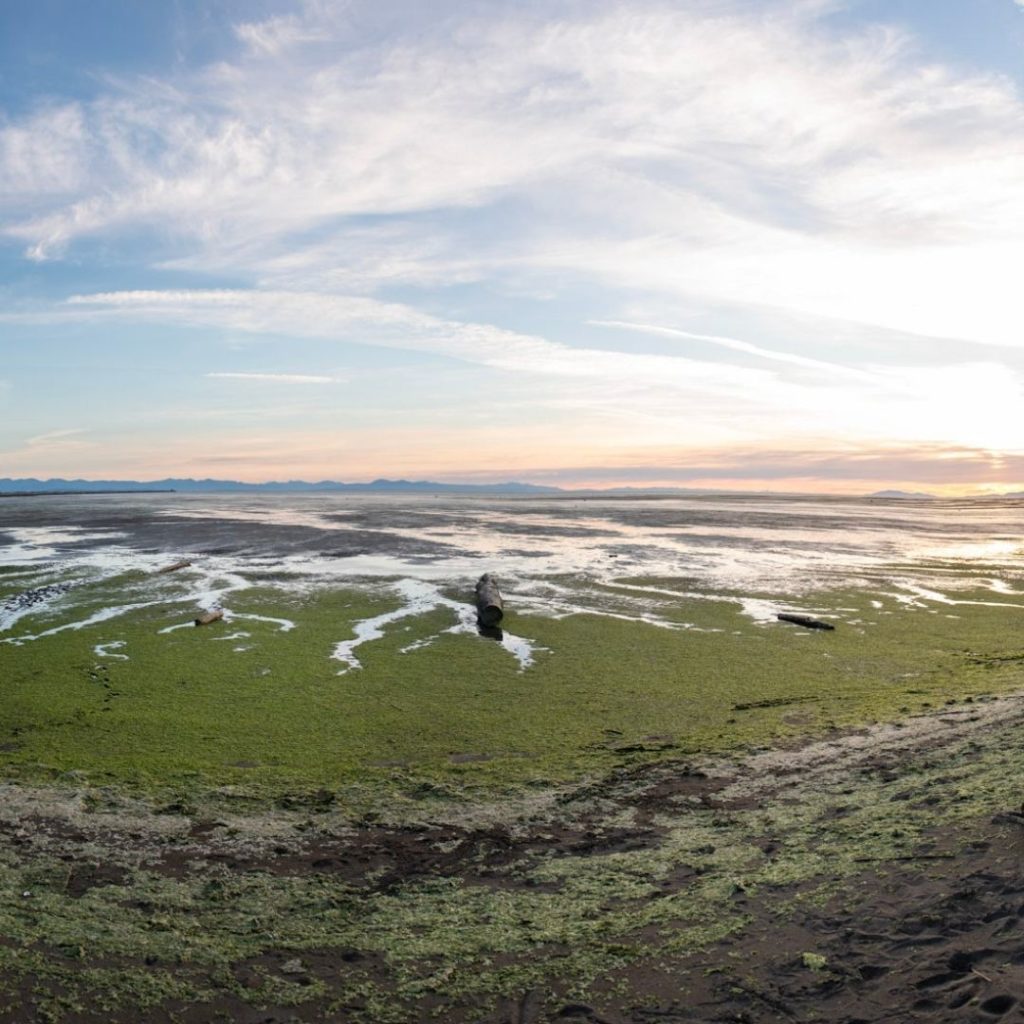
Iona Beach Regional Park can be a great escape on a rainy day, with magnificent scenery and wildlife viewing opportunities in the park. More than 300 species of birds feed and rest at Iona Beach Regional Park, making it critical that dogs be kept under control at all times to avoid harassing migratory birds.

Kanaka Creek Regional Park is a long corridor of protected land that stretches almost 7 miles (11 km) inland from the Fraser River. The Bell-Irving Hatchery and fish fence are important parts of Kanaka Creek Regional Park. They support enhancement activities for Chum and Coho salmon as well as cutthroat trout populations in Kanaka Creek.
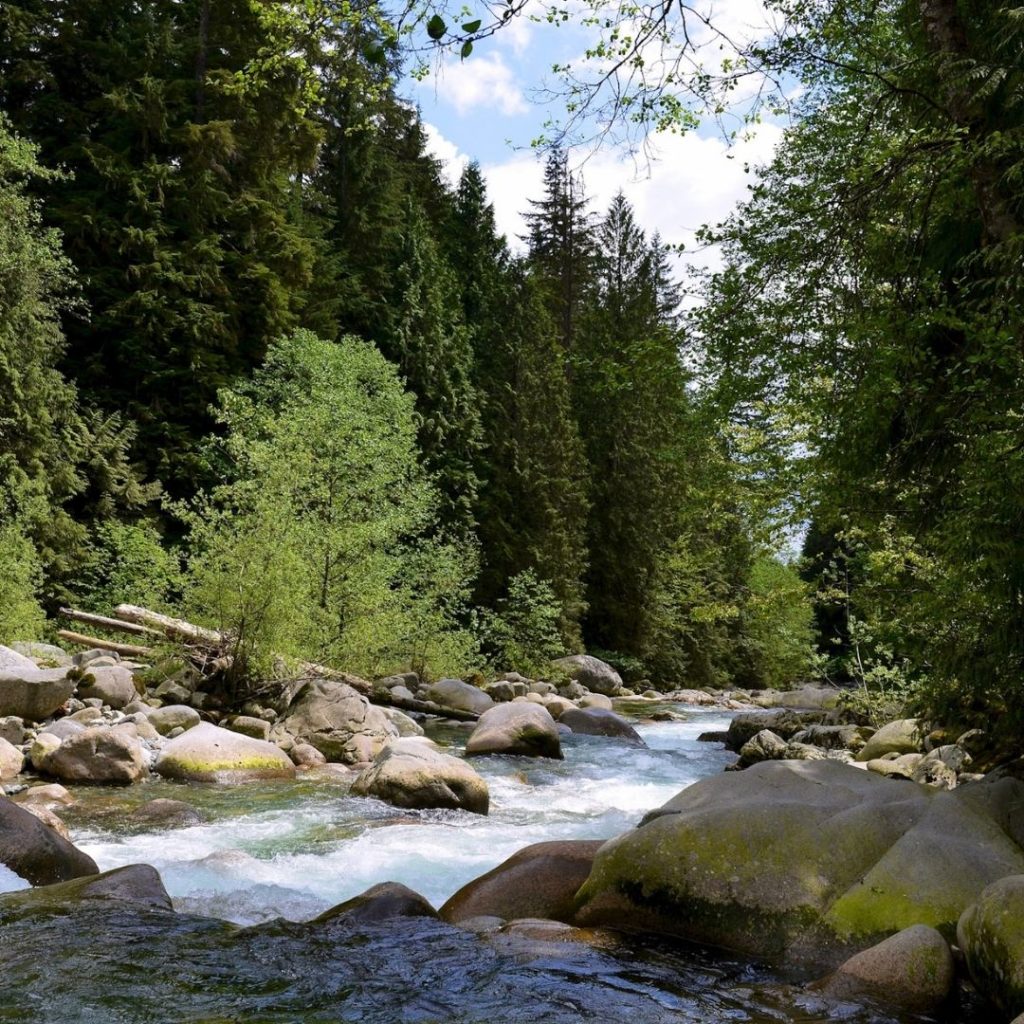
Just 20 minutes from the city, enjoy the solitude of rugged wilderness at Lynn Headwaters Regional Park. The clear, rushing water of Lynn Creek, sub-alpine meadows, rugged mountain slopes and spectacular vistas and more await visitors. Lynn Headwaters is a wilderness area where heavy rain and thick fog can quickly become dangerous. Be sure to register at one of the Hiker Registration Boards.

Minnekhada Regional Park is a natural park situated in northeast Coquitlam, British Columbia, alongside Pitt-Addington Marsh and the Pitt River. It is over 200 hectares in size, and features trails, rock knolls, abundant trees, birds and other wildlife. At the center of the park is the main marsh area, divided into upper and lower sections, divided by a dike and small footbridge.
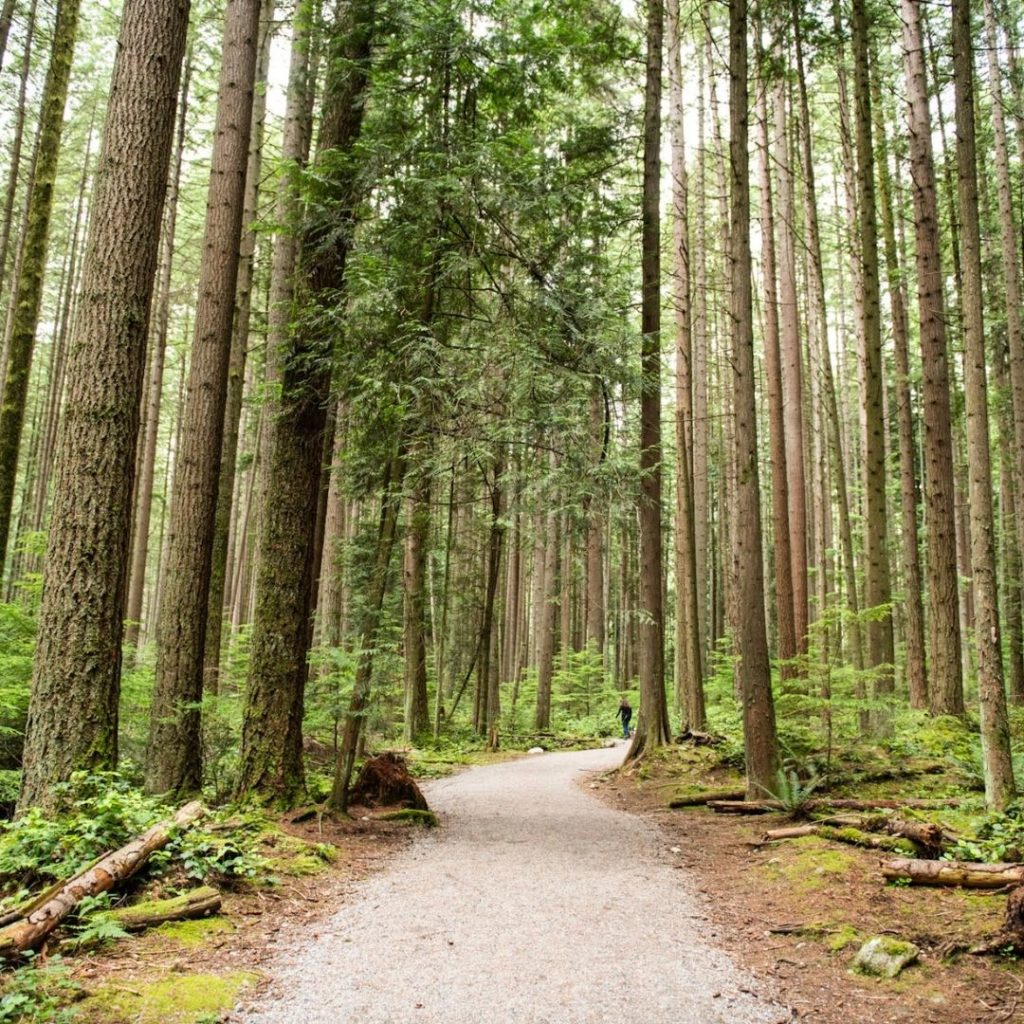
Pacific Spirit Regional Park comprises 763 hectares of forest and foreshore immediately west of Vancouver. The park’s forests stretch across Point Grey separating the city from the University of British Columbia. It contains a wide variety of recreational and educational opportunities including ocean beaches, upland temperate rain forest and the Fraser River estuary.
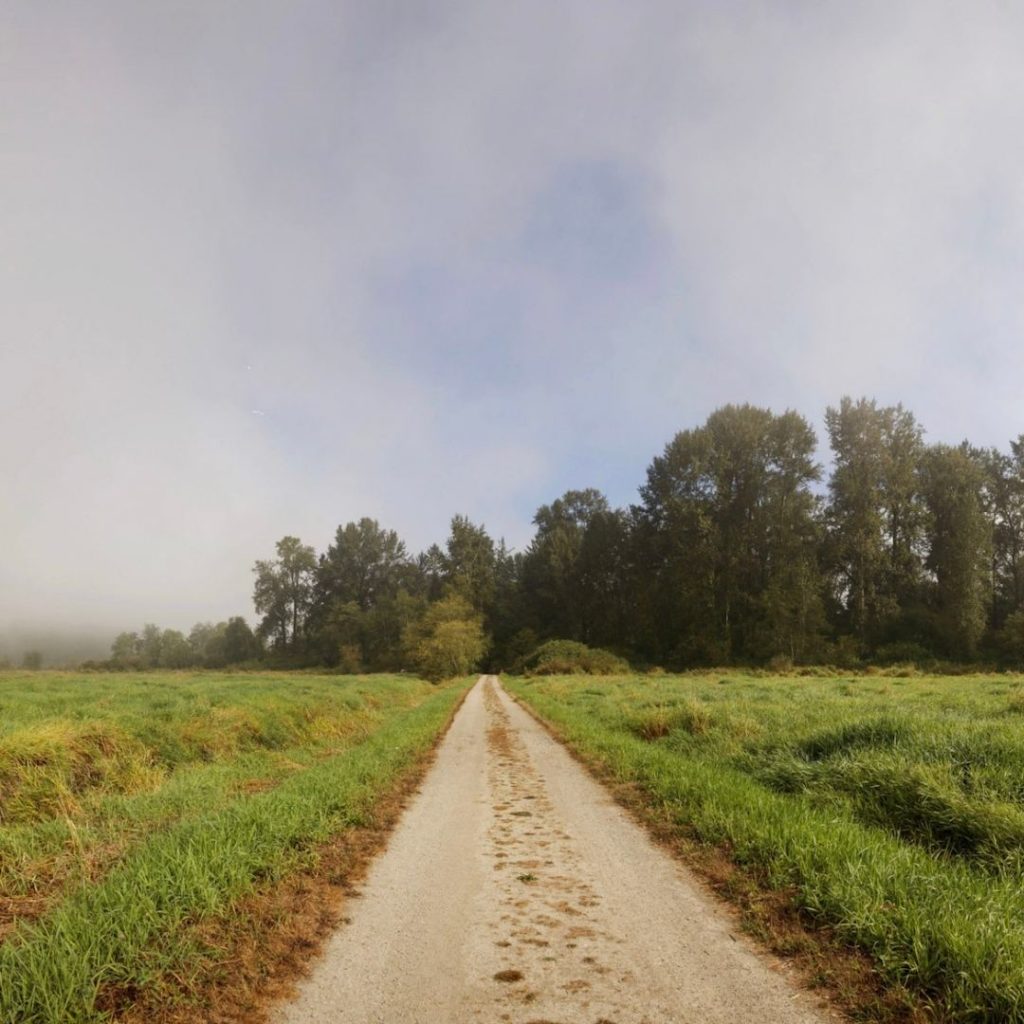
Recently opened, Surrey Bend Regional Park is one of the few remaining large, undisturbed areas in the lower Fraser River. Surrey Bend is composed of unique foreshore, wetland and transitional habitats including fresh water marsh, wet meadow, vegetated habitat and riparian forest. As a result, the site will be home to all sorts of insects, birds, amphibians, reptiles, as well as species with seasonal migrations.
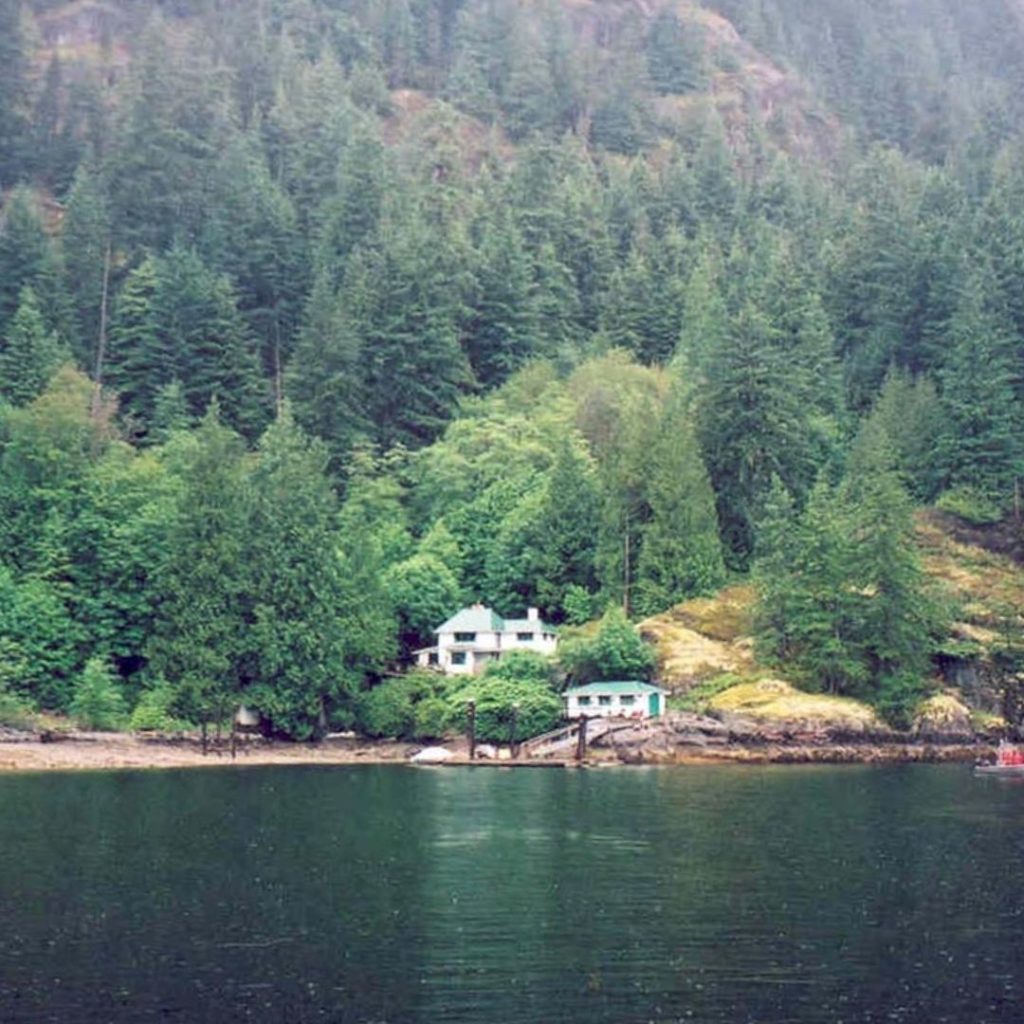
Thwaytes Landing is located on the West side of Indian Arm, this site is only accessible by water and includes 1,100 meters of shoreline. The rocky beach provides a welcome and scenic rest area to kayakers and canoeists. Steep, spectacular cliffs characterize Indian Arm. The property has significant recreational potential as a specific destination and will provide an essential gateway to any future trails in Indian Arm.
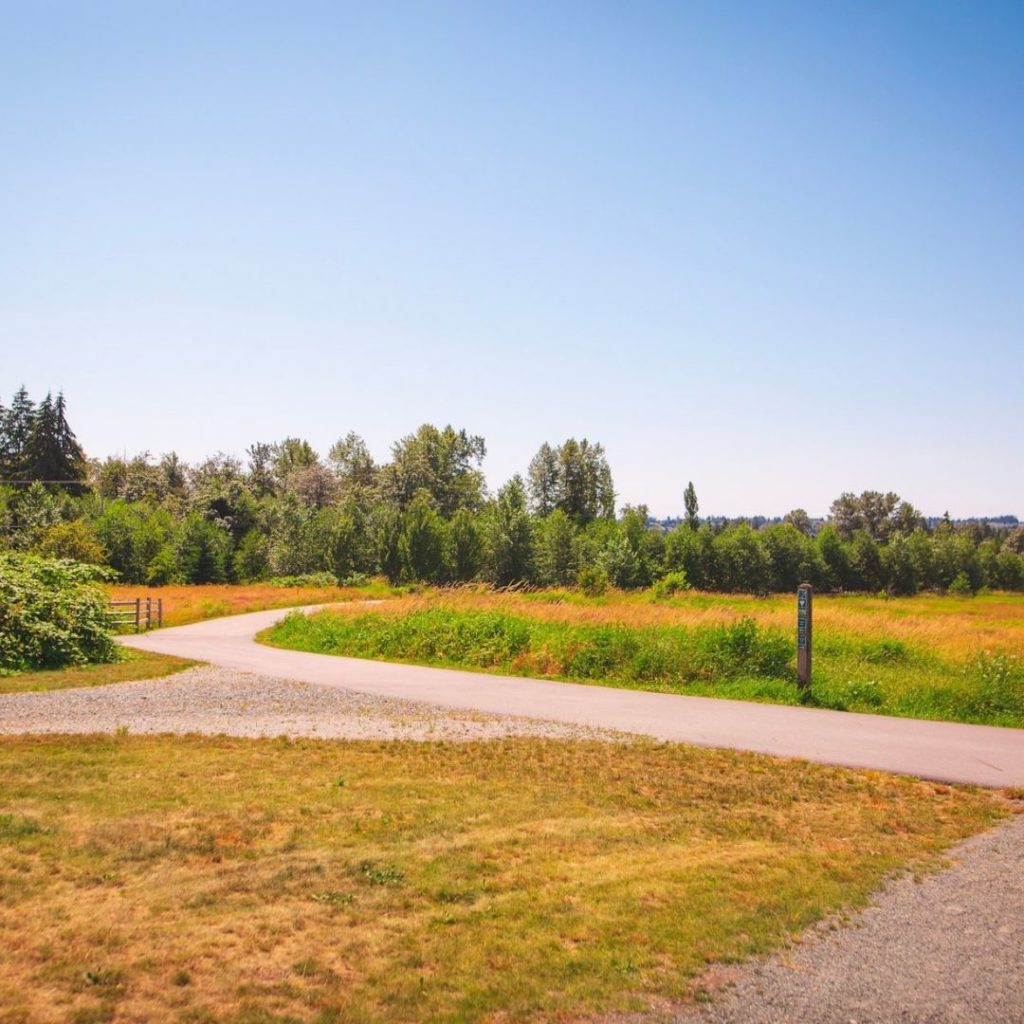
Tynehead Regional Park offers much more than simply trails. A picnic area, dog off- leash area and a group campsite are also offered. Visitors can go to the Tynehead Hatchery where many of the salmon and trout that call the Serpentine River home begin their lives, or learn about river ecology along the Salmon Habitat Interpretive Loop Trail.
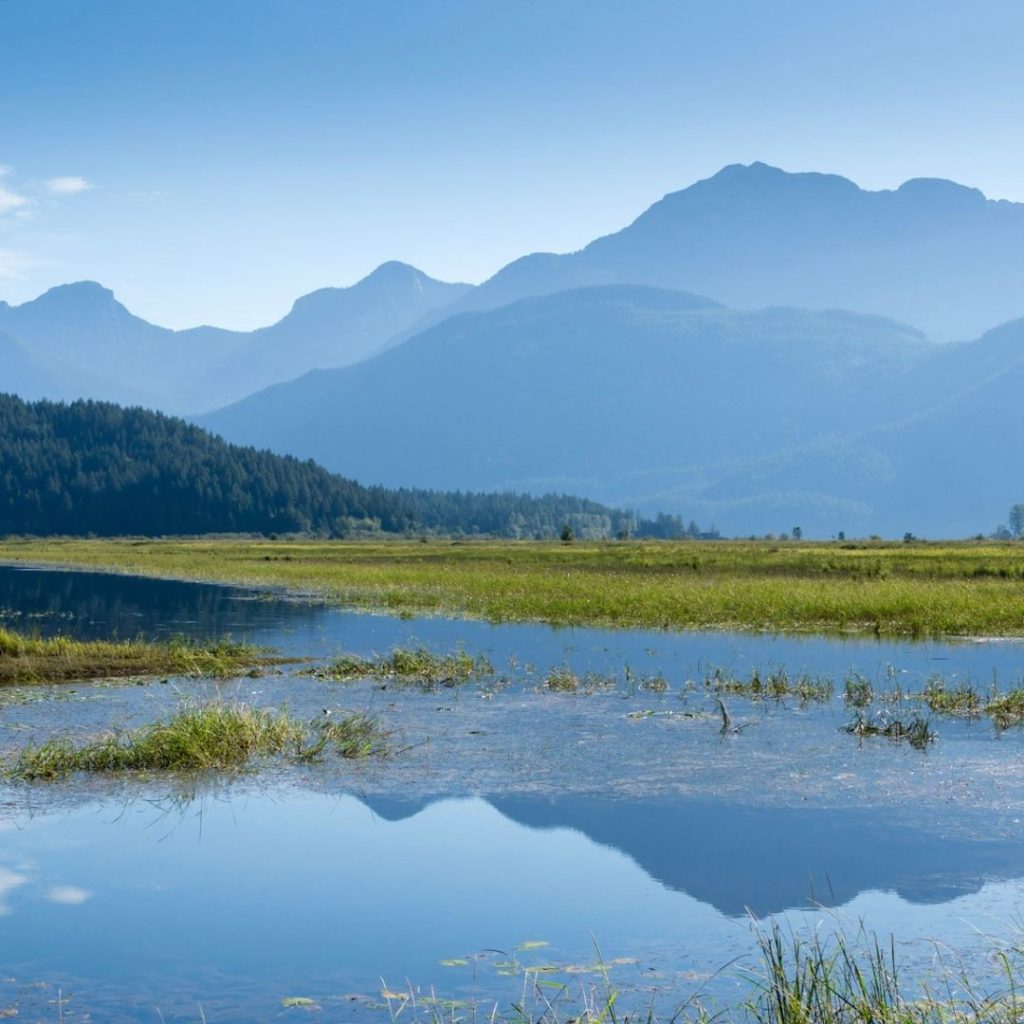
Acquired in 1992, Widgeon Marsh 661-hectare reserve borders on the largest freshwater tidal marsh in North America. It protects open lowlands and coastal rainforest slopes against a backdrop of spectacular mountain ridges and is a popular location for local film shoots.
Widgeon Marsh Regional Parks is not yet open to the public.
Ecological Conservancy Areas
No Public Access

The Burns Bog Reserve is the largest domed peat bog on the west coast of North America. The bog’s ecosystem sustains a wide variety of flora and fauna, including 24 species of mammal and 150 bird species. Burns bog is thought to be a major regulator of the region’s climate, since there is no drainage and all the rain fall is ultimately evaporated.
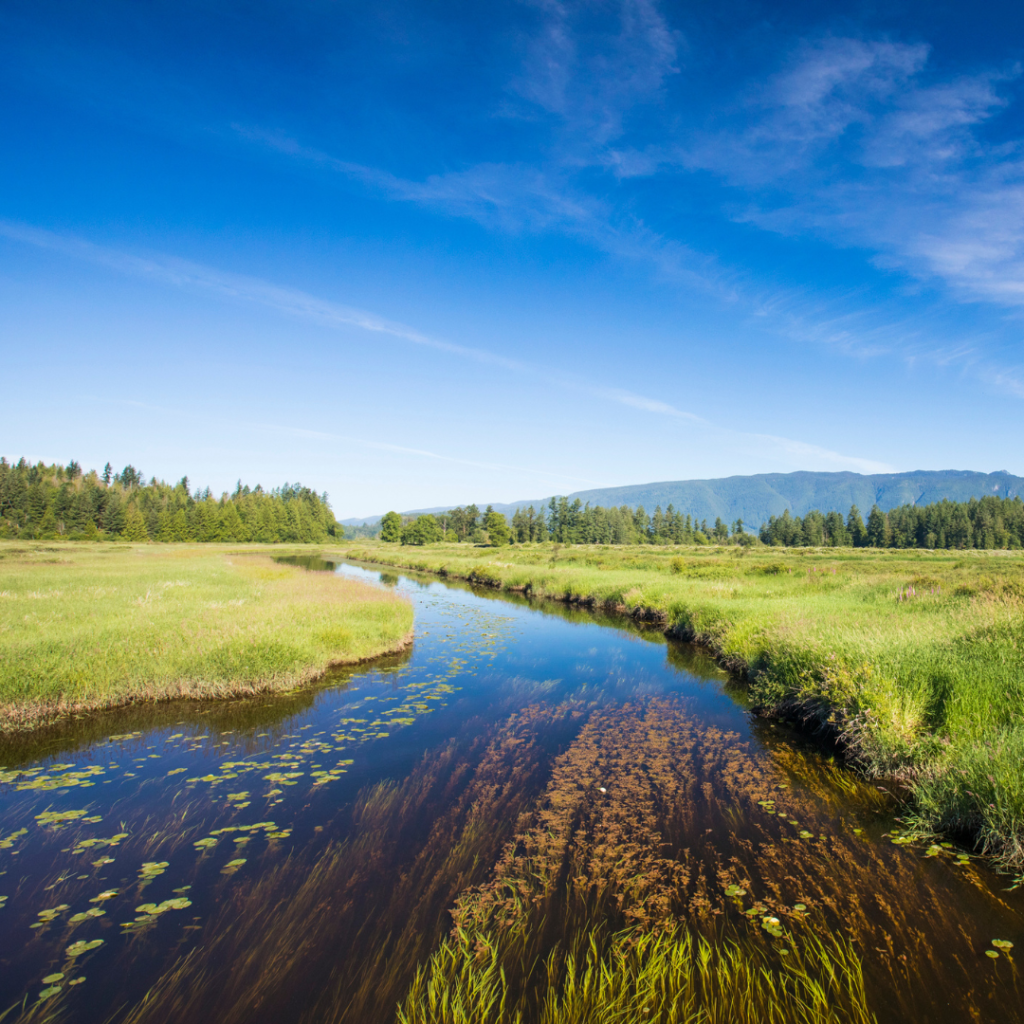
Codd Wetlands, along with Blaney Bog Park Reserve, represents the largest off-channel salmon rearing habitat within the Alouette River watershed and one of the last in the Fraser River’s lower reaches. It is a significant peat bog, surrounded by a unique combination of forest and creek habitats.
Regional Park Reserves

Blaney Bog Park Reserve, along with the Codd Wetlands, represents the largest off-channel salmon rearing habitat within the Alouette River watershed and one of the last in the Fraser River’s lower reaches. It is a significant peat bog, surrounded by a unique combination of forest and creek habitats.
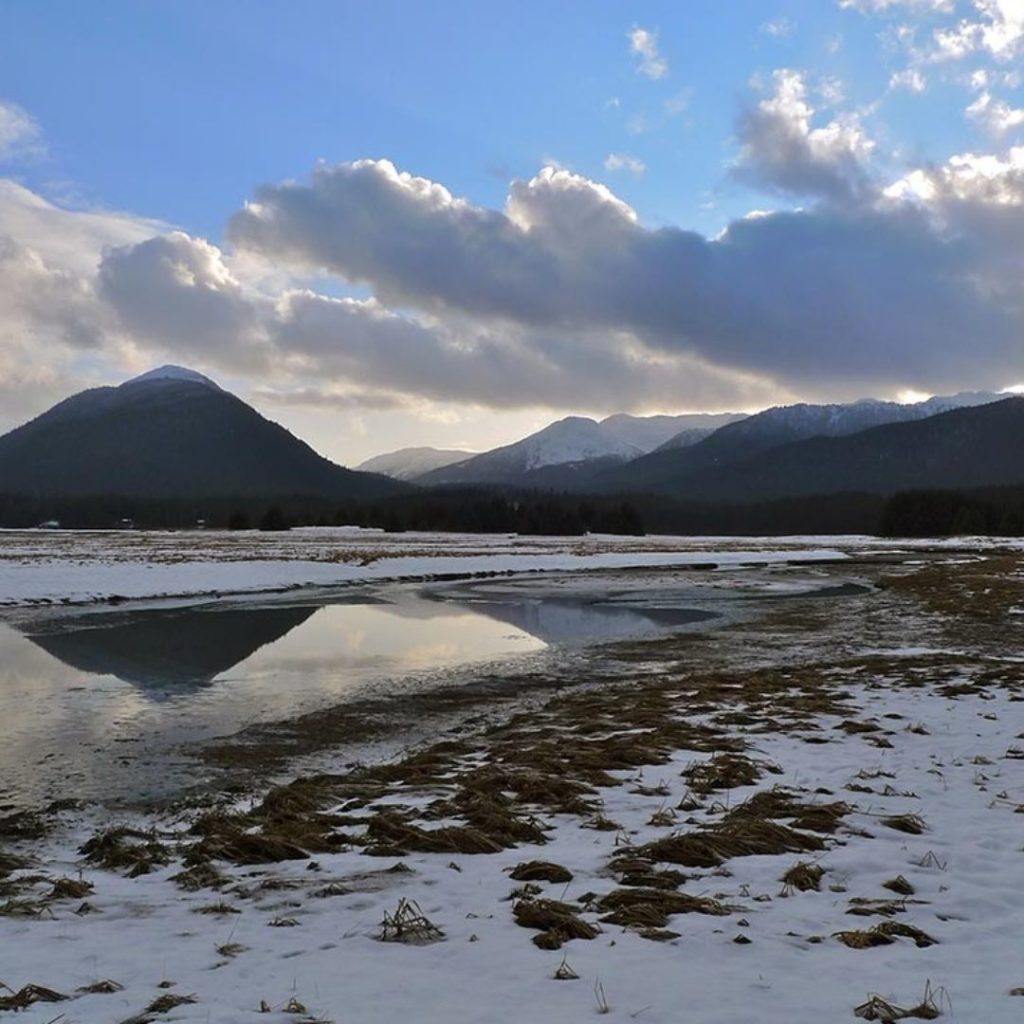
Comprised of Don, Lion and Douglas Islands, the land base of this reserve totals 210 Ha. These sites are accessible only by boat and have no facilities.
Regional Greenways

Brunette-Fraser Regional Greenway is part of the regional greenway network and part of the Central Valley Greenway connecting Vancouver to New Westminster. Enjoy Fraser River views or explore forested trails along the Brunette River and Stoney Creek in Burnaby. All three sections are lovely places to walk, cycle and watch for wildlife.
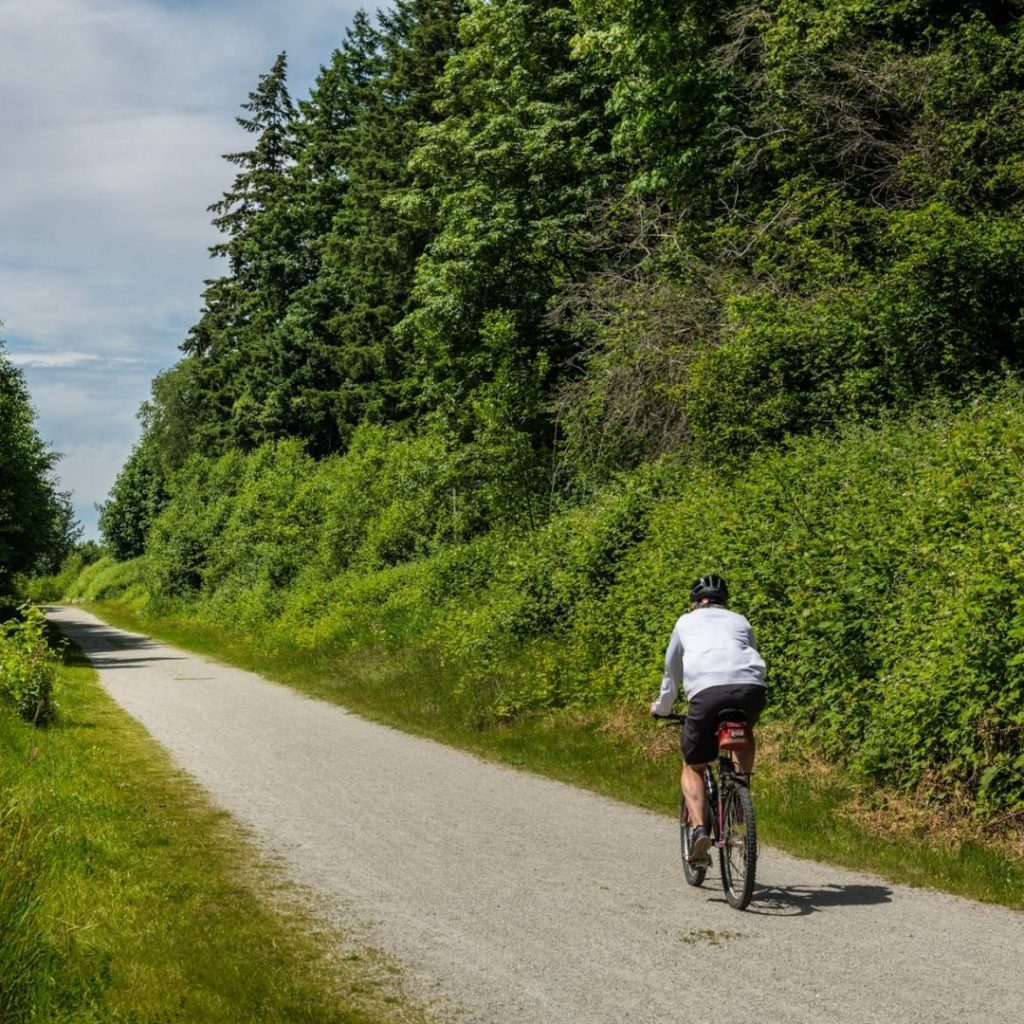
This regional greenway runs from scenic Mud Bay in the south to 64th Avenue at its northern end. Along the way it provides connections to the Boundary Bay Dyke Trail in Delta, Mud Bay Park and Joe Brown Park in Surrey, and Watershed Park in North Delta.

Meander along this scenic pathway past farmland, wetlands and forest. You will find lovely views of the North Alouette River and the spectacular Coast Mountain Range as you walk, bike or ride your horse along the dyke. Here, you get the feeling of room to breathe and space to move as you are surrounded by big sky and vast agricultural fields.

Follow the Pitt River Regional Greenway along Fraser and Pitt River dykes in Pitt Meadows. This greenway links Osprey Village, with cafes and amenities, to scenic waterfront views of mountains, farmland and nature. It’s an excellent destination for walking, cycling and bird watching for people of all ages and abilities. Watch for wildlife including seals, muskrat, osprey, hawks and ducks.
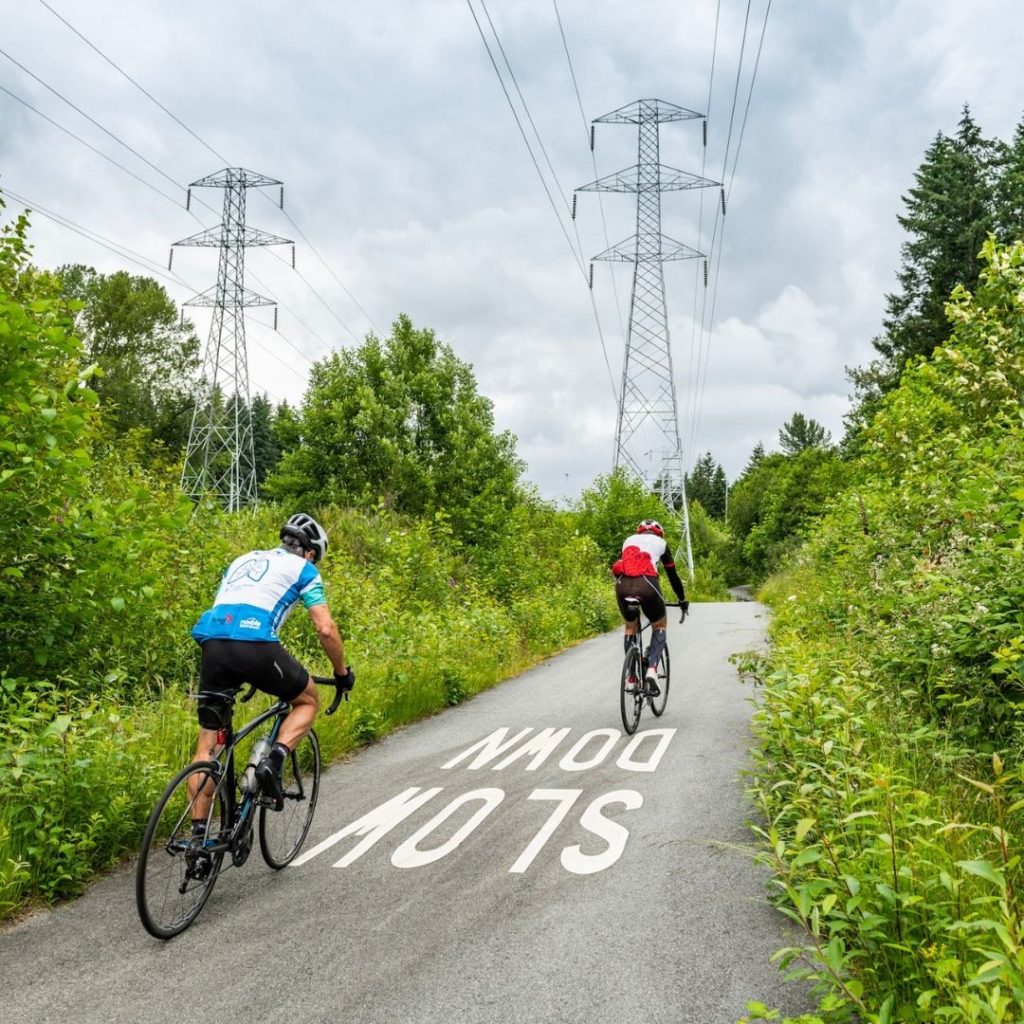
A 1.7 km section of the Seymour River greenway runs from Mount Seymour Parkway at Lillooet Road past Capilano University to Monashee Drive. From here, one can connect with the greenway as it continues into the Lower Seymour Conservation Reserve.
The long-term plan is for the greenway to start at Burrard Inlet and pass through the Maplewood Community.
Our Recommendations
Best Regional Parks For Family Picnics
Campbell Valley Regional Park
With 29kms of trails, some of Langley’s finest biodiversity, picnic areas and the educational Nature House, we often find ourselves gathering here with our families.
Burnaby Lake Regional Park
Boardwalks, bike rides, viewing towers, and accessibility for everyone are just some of the reasons we suggest packing up the family and spend an afternoon at Burnaby Lake.
Best Regional Parks For Dogs
Derby Reach Regional Park
A multi-sectioned area for every pups desires; water, small dog area, walking loops… all approved by our staff pets!
Aldergrove Regional Park
After exploring the trails, we suggest bringing Fido to the North-Eastern corner for a dog park party.
Best Regional Parks For Hiking
Grouse Mountain Regional Park
The “Grouse Grind” is a well known and challenging hike for the locals. Our tip is to get your camera ready for the gondola ride down.
Minnekhada Regional Park
With multiple loop tracks to choose form, our staff and board members love this hike for its rewarding views at the top.
Best Regional Parks For Birding
Iona Beach Regional Park
These sandy beaches attract unique species of birds no matter what time of the year it is- perfect for us bird lovers!
Boundary Bay Regional Park
Thousands of birds stop by every year when they use the Pacific Flyway migration route- a major fly route for migratory birds!
Best Regional Greenways For Cycling
Brunette-Fraser, Pitt River, Seymour River and North Alouette regional greenways are amazing places to get wheels turning. We often find ourselves biking through the greenways for the reward of scenic waterfront views of mountains, farmland and nature.
